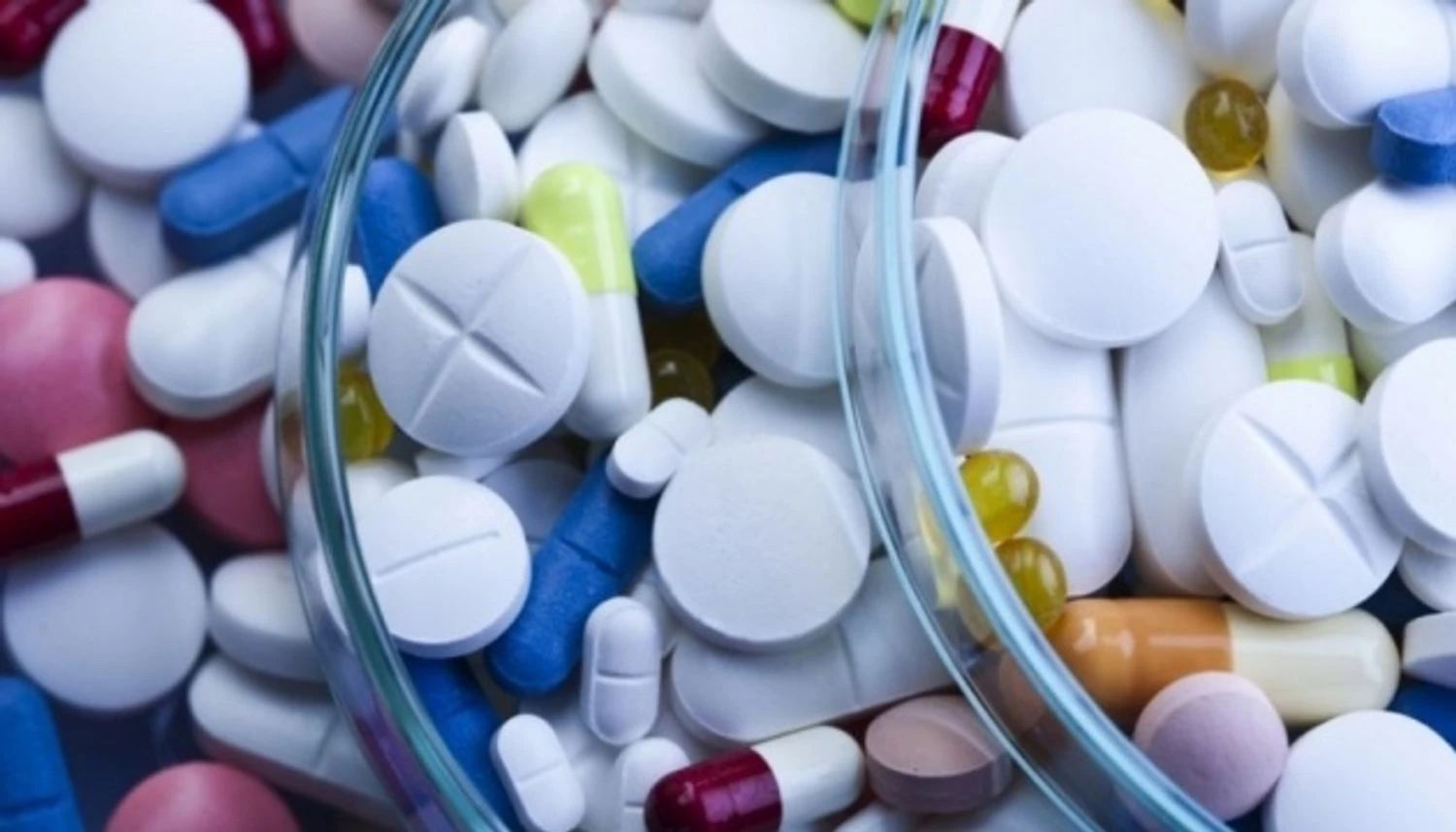“Private Label Brands without Myths: How Pharmacy Own-Brand Medicines Reduce Prices and Maintain QualityThe share of medicines under pharmacies’ own private label brands (PLB) is rapidly growing in Ukraine. These drugs are
manufactured at licensed factories according to GMP standards, undergo state registration and quality control, offering patients
more affordable analogues of well-known medicines.
”, — write: unn.ua
PTM are medicinal products that pharmacies order from pharmaceutical factories under their own brand. They are manufactured using the same technologies and from the same components as the manufacturer’s original preparations, but without additional advertising and marketing costs: the packaging is simpler and more concise, there is no advertising – so the price is lower.
Despite the myths spread by information campaigns against PTM, this is not a “no-name” and not a product from unknown basements. PTM are medicines manufactured in the same factories as well-known preparations, Viktor Serdyuk, President of the All-Ukrainian Council for the Protection of Patients’ Rights and Safety, said in an exclusive comment to UNN. He also emphasized that private label preparations are manufactured exclusively in licensed factories according to GMP standards, undergo state registration and quality control.
It should be noted that GMP (Good Manufacturing Practice – ed.) standards are mandatory international pharmaceutical standards that guarantee that medicines are produced according to clear rules to ensure their safety, effectiveness, and quality. The standards themselves cover everything from the cleanliness of the premises and raw material inspection to personnel training and documentation of each stage of production.
Pharmacies’ own trademarks are not a “no-name” and certainly not evil. This is a normal European practice that expands the choice for the patient and removes the price barrier to access to treatment. Such preparations are produced in large licensed factories according to GMP standards, undergo state registration, quality control, and for generics, bioequivalence confirmation. That is, it is not about compromising safety or effectiveness: the technologies, raw materials, and control here are the same as in “known” brands
He also emphasized that PTM has been in circulation on the European pharmaceutical market for a long time. And the fact that they have started to appear more and more in Ukraine signals only one thing – now the Ukrainian patient has even more choice and the opportunity to save money.
For people with chronic diseases who buy medicines every month, the appearance of PTM is a significant saving without loss of quality. Thus, competition works in favor of the patient: networks take reputational responsibility for their brand’s product, so they are interested in maintaining stable quality and service, and large pharmaceutical manufacturers are now also limited in raising prices for drugs, as they have to “look back” at the cost of profitable PTMs
Indeed, in Europe, this model of drug manufacturing has been working for decades: the pharmacy orders drugs from the manufacturer, gains control over the brand and price, and the manufacturer receives stable orders. The patient, as a result, receives a cheaper, but no less high-quality drug, states the Ukrainian network “ANC”, so all parties benefit.
The manufacturer gets its sales, the pharmacy gets a more competitive price, the client saves, but the quality does not suffer. We control the reputation of our brand and can demand improvements from the manufacturer if needed
Meanwhile, Kateryna Zagoriy, director of the board of directors of the pharmaceutical company “Darnitsa”, in her comment to Forbes, explained why PTM preparations are more profitable in price. She said that ordering medicines under one’s own trademark happens as follows: the pharmacy chain announces a tender for the production of medicines at a certain price and asks manufacturers, “are they ready to produce at such a cost?”, then one of the pharmaceutical manufacturers, for whom the announced cost is suitable, agrees. Zagoriy also noted that mostly small manufacturers go for such collaborations. And after the start of the war, the pace of PTM production significantly accelerated. Allegedly, previously tenders for production were held at most twice a year, but now they take place weekly for a dozen product items.
Thus, it can be concluded that there is a demand for such preparations, and it is constantly increasing. At the same time, after analyzing the market, it turned out that in fact, the predominant share of PTM is produced at the facilities of large pharmaceutical factories, both Ukrainian and European. A superficial search immediately showed several options for preparations manufactured as a private label, but at well-known factories.
For example, the cold medicine “Kombitsitron” is a private label of the “Pharmpartner” pharmacy chain, and is manufactured at the facilities of the “Farmak” plant. The painkiller and anti-inflammatory drug “Daimisil” is a private label of the “Podorozhnyk” pharmacy chain, but is also manufactured at the facilities of the “Farmak” plant. The antiviral drug “Inozin” for the same “Podorozhnyk” is manufactured by “DKP “Pharmaceutical Factory”.
Another cold remedy “Lemontar Fito” for the “Pharmpartner” pharmacy chain is manufactured by “Astrapharm”, and the nasal spray “Nosolin Plus” for “Tabula Vita” pharmacies is manufactured by “Stoma”.
The pace of development of the PTM market shows that pharmacies’ own trademarks are not a threat, but an opportunity. Provided transparent labeling, proper control, and responsibility of pharmacies to the patient, PTM can become an effective tool for reducing prices on the Ukrainian pharmaceutical market and increasing access to treatment. After all, when all parties play by the rules, the patient wins first and foremost.
